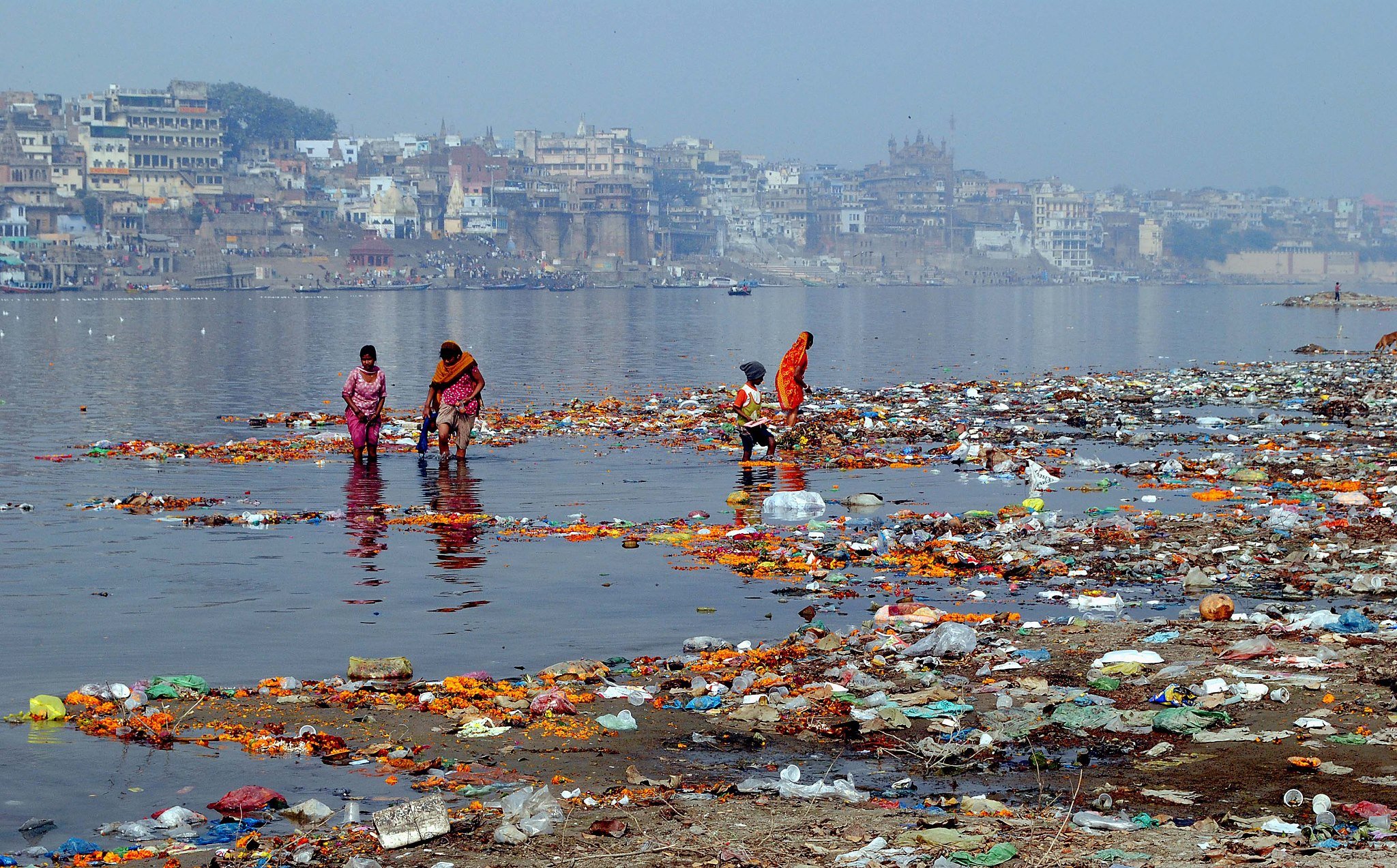A report of the Central Pollution Control Board, tabled in the Lok Sabha on Thursday, says that around 46 per cent (279 out of 603) of the rivers monitored across the country are polluted. This figure is alarming and puts a question mark on various Central and state projects worth crores of rupees undertaken to tackle riverine pollution in the past few years. The work is primarily focused on setting up sewage treatment plants as the dumping of untreated domestic and industrial effluents into the water bodies is considered the main villain. However, a multi-pronged approach is needed to tackle the problem as the presence of other contaminants such as plastic and pharmaceutical waste in rivers is also found to be on the rise.
The silver lining visible in the comparative analysis, showing that the number of polluted river stretches (PRS) decreased from 351 in 2018 to 311 in 2022, is laudable, even though the worst PRS have remained unchanged. In fact, the water quality of the Sabarmati, which was found to be the second most polluted river, has deteriorated in the past five years. This, despite the Gujarat High Court taking suo motu notice of the authorities’ inability to tame the rising pollution and ordering interventionist measures. Similarly, the execution of the Namami Gange project to clean and rejuvenate the Ganga and its tributaries leaves much to be desired as the pollution levels are worryingly high, despite Rs 20,000 crore being earmarked for it in 2014. With the government approving Mission-II of the campaign with a Rs 22,500-crore outlay, there is hope for better results.
Clearly, the river-cleaning act needs to be taken up on a war footing after a review of the methods adopted so far. Clean and free-flowing rivers are the key to sustaining the ecological system, including the aquatic flora and fauna and farmlands along the riverbanks.
